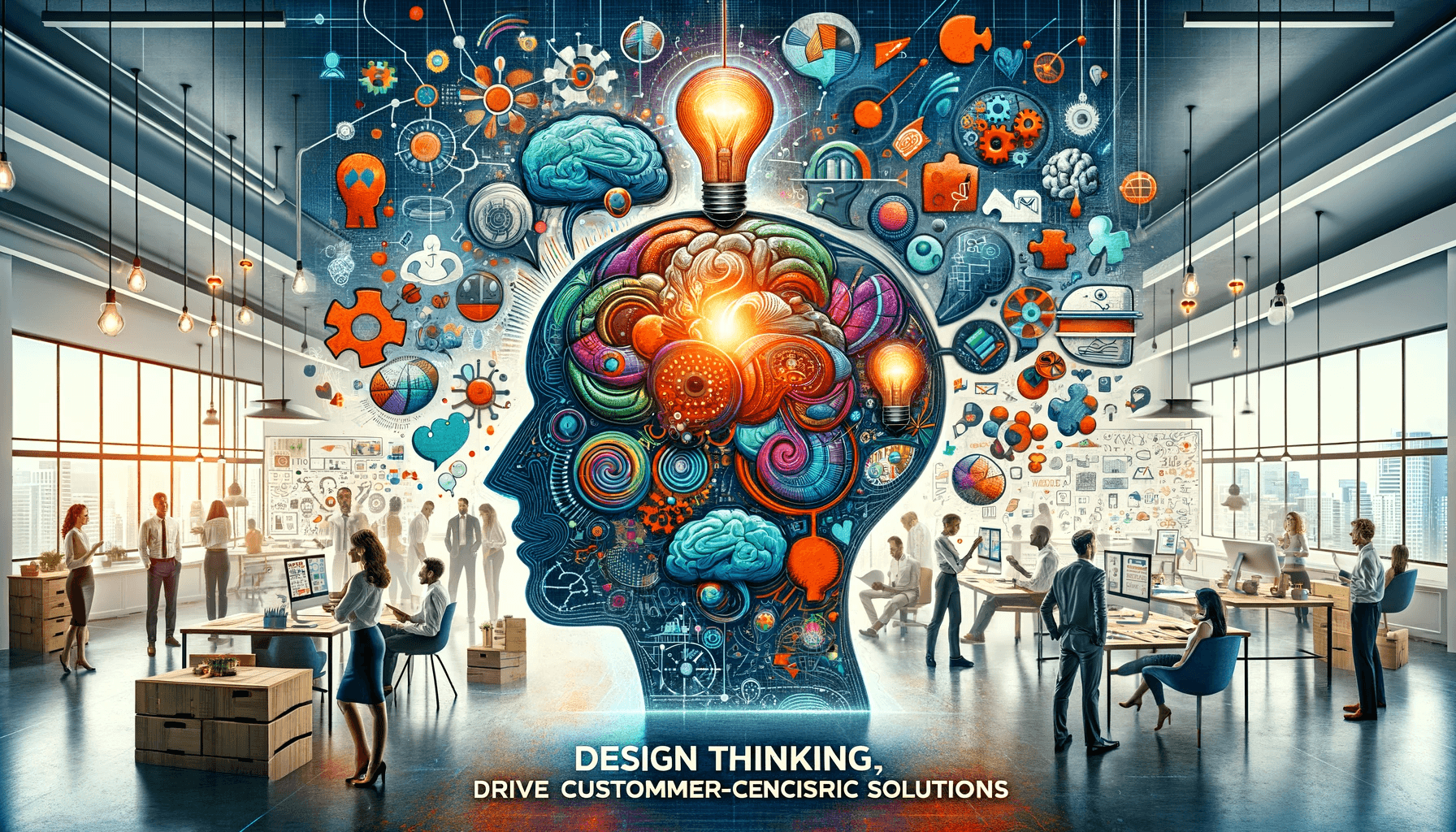Sponsor Millionaire’s Brain Academy
Table of Contents
What is B2C Marketing?
B2C marketing, or business-to-consumer marketing, is a strategy that focuses on promoting products or services directly to individual customers. Unlike B2B marketing, which targets businesses, B2C marketing aims to capture the attention and interest of everyday consumers. Understanding the fundamentals of B2C marketing is essential for any business looking to succeed in the consumer market.
To effectively implement B2C marketing strategies, it is crucial to comprehend the needs and desires of the target audience. Conducting market research and analyzing consumer behavior will provide valuable insights into what drives purchasing decisions. By understanding the target market’s preferences, businesses can tailor their marketing efforts to resonate with consumers on a personal level.
Importance of B2C Marketing
B2C marketing plays a pivotal role in driving sales and establishing brand loyalty. In today’s highly competitive marketplace, businesses must differentiate themselves from competitors to capture consumers’ attention. A well-executed B2C marketing campaign can create brand awareness and cultivate customer loyalty, ultimately leading to increased sales and revenue.
Moreover, B2C marketing allows businesses to forge meaningful connections with their customers. By understanding their needs and preferences, companies can create personalized experiences that resonate with consumers on an emotional level. This connection fosters trust and loyalty, turning customers into brand advocates who make repeat purchases and spread positive word-of-mouth recommendations.
Key Differences Between B2C and B2B Marketing
While B2C and B2B marketing share similarities, there are key differences that businesses must consider when developing their marketing strategies. B2C marketing focuses on individual consumers, while B2B marketing targets other businesses. The decision-making process in B2C marketing is often quicker and driven by personal preferences and emotions, whereas B2B marketing decisions involve more stakeholders and require a rational evaluation of benefits and costs.
Another significant difference is the communication channels used in B2C and B2B marketing. B2C marketing heavily relies on social media, content marketing, and influencer marketing, while B2B marketing typically involves direct sales, networking, and industry-specific trade shows. Understanding these differences is crucial for businesses to tailor their marketing efforts effectively.
B2C Marketing Strategies
Implementing effective B2C marketing strategies is key to reaching and engaging with the target audience. Here are some proven strategies to consider:
Effective B2C Marketing Channels
Finding the right marketing channels to reach your target audience is crucial for B2C marketing success. Social media platforms like Facebook, Instagram, and Twitter offer valuable opportunities to connect with consumers, share engaging content, and build brand awareness. Additionally, search engine optimization (SEO) can help businesses rank higher in search engine results, increasing their visibility and attracting more potential customers.
Personalization in B2C Marketing
Personalization is a powerful tool in B2C marketing. By tailoring marketing messages and offers to individual consumers’ preferences, businesses can create a more personalized and engaging experience. Utilizing customer data and segmentation allows businesses to deliver targeted advertisements, personalized recommendations, and customized email campaigns that resonate with consumers on a deeper level.
Content Marketing for B2C Businesses
Content marketing is an effective strategy for B2C businesses to attract and engage consumers. By creating valuable and relevant content, businesses can position themselves as industry experts and build trust with their target audience. Quality blog posts, informative videos, and engaging social media content can drive traffic to the business website, increase brand visibility, and ultimately lead to more conversions and sales.
Social Media Marketing for B2C Companies
Social media marketing is a powerful tool for B2C companies to connect with their target audience. Utilizing platforms like Facebook, Instagram, and Twitter allows businesses to engage with consumers, share compelling content, and build brand loyalty. By regularly posting relevant and engaging content, responding to customer inquiries, and running targeted ad campaigns, businesses can leverage social media to drive website traffic and boost sales.
Email Marketing for B2C Businesses
Email marketing remains a highly effective strategy for B2C businesses to nurture customer relationships and drive conversions. By building an email list of interested customers, businesses can send personalized offers, exclusive discounts, and relevant product updates directly to their inboxes. Crafting compelling subject lines and delivering valuable content in emails can increase open and click-through rates and drive sales.
Influencer Marketing in the B2C Industry
Influencer marketing has become increasingly popular in the B2C industry, allowing businesses to reach a wider audience and build credibility. Collaborating with influencers who strongly follow and align with the brand values can help businesses tap into their followers’ trust and loyalty. By partnering with influencers, businesses can leverage their reach and engage with likelier consumers to trust recommendations from people they admire.
Measuring Success in B2C Marketing
Measuring the success of B2C marketing campaigns is essential to understand the effectiveness of strategies and make data-driven decisions. Key performance indicators (KPIs) such as website traffic, conversion rates, customer acquisition costs, and customer lifetime value can provide valuable insights into campaign performance. Analyzing these metrics allows businesses to identify areas of improvement, optimize marketing efforts, and allocate resources effectively.
Tips for Successful B2C Marketing Campaigns
Here are some tips to ensure successful B2C marketing campaigns:
- Know your target audience: Conduct thorough market research to understand your target audience’s demographics, preferences, and behaviors.
- Create compelling content: Develop high-quality and engaging content that resonates with your target audience and showcases the value of your products or services.
- Utilize social media platforms: Leverage the power of social media platforms to connect with consumers, share content, and build brand awareness.
- Embrace personalization: Tailor your marketing messages and offers to individual consumers’ preferences to create a personalized experience.
- Collaborate with influencers: Partner with influencers who align with your brand values to expand your reach and build credibility among their followers.
- Measure and analyze campaign performance: Continuously monitor and analyze key metrics to understand the effectiveness of your marketing efforts and make data-driven decisions.
Case Studies of Successful B2C Marketing Campaigns
Case Study 1: Nike’s “Just Do It” Campaign
Nike’s “Just Do It” campaign is a prime example of successful B2C marketing. By tapping into consumers’ aspirations and emotions, Nike created a powerful tagline that resonated with athletes and non-athletes alike. The campaign featured influential athletes, inspiring stories, and motivational messages, positioning Nike as a brand that empowers individuals to push their limits and achieve greatness. The “Just Do It” campaign became an iconic slogan and contributed to Nike’s growth as a global sports apparel and footwear leader.
Case Study 2: Coca-Cola’s “Share a Coke” Campaign
Coca-Cola’s “Share a Coke” campaign is another notable example of effective B2C marketing. The campaign replaced the Coca-Cola logo on its bottles with popular names and encouraged consumers to share a Coke with friends and loved ones. By personalizing their product and leveraging the power of social sharing, Coca-Cola created a sense of connection and nostalgia among consumers. The campaign generated widespread buzz and increased sales, demonstrating the impact of personalization and emotional appeal in B2C marketing.
The Future of B2C Marketing
As technology continues to advance, the future of B2C marketing holds exciting possibilities. Artificial intelligence (AI) and machine learning algorithms will enable businesses to gather and analyze vast customer data, allowing for even more personalized marketing experiences. Augmented reality (AR) and virtual reality (VR) technologies will create immersive brand experiences, giving consumers a deeper connection with products and services. Additionally, the rise of voice search and smart devices will require businesses to optimize their marketing strategies for voice-activated interactions.
Conclusion
B2C marketing is a dynamic and ever-evolving field that requires businesses to understand their target audience, utilize effective marketing channels, and create personalized experiences. By implementing the strategies and tips outlined in this guide, businesses can enhance their B2C marketing efforts and succeed in the consumer market. Remember to continuously measure and analyze campaign performance, adapt to emerging technologies, and prioritize building meaningful consumer connections.




